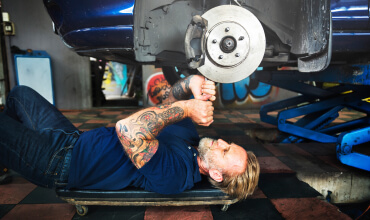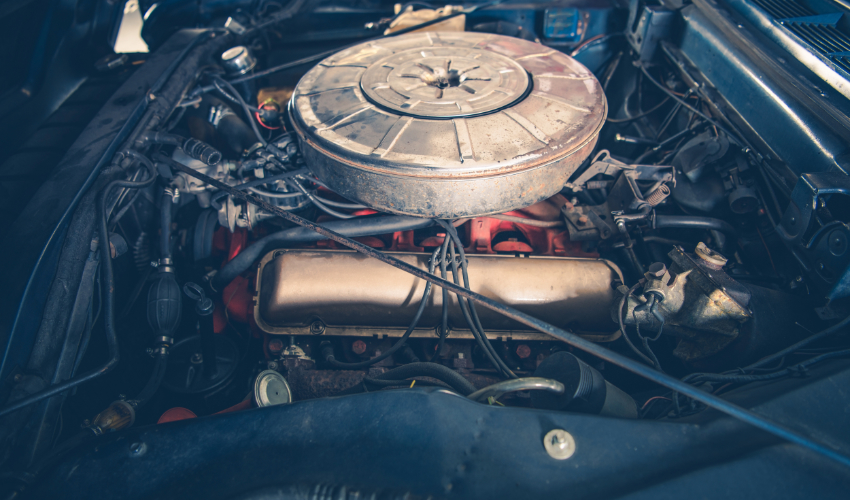Subtotal $0.00
Car noises can be alarming, but they’re often the first sign that something needs attention. Here’s a quick guide to understanding and addressing common car noises:
Squealing or Squeaking
What it might be: Typically, this noise comes from the brakes or the belt system. A high-pitched squeal could indicate worn brake pads needing replacement. If the noise is from under the hood, it might be the serpentine belt slipping, which could be due to wear or lack of tension.
What to do: Have your brakes inspected if the noise occurs when braking. For belt issues, check the belt tension or consider replacing the belt if it’s worn or damaged.
Grinding
What it might be: Grinding noises often mean metal-on-metal contact. If it happens when you brake, your brake pads might be completely worn down, exposing the metal backing to the rotor.
What to do: Stop driving immediately if you hear this during braking. Replace the brake pads and inspect or resurface the rotors.
Protecting your home from damaging leaks is essential to maintaining the integrity of your home. Leaks can cause significant damage to your Home’s structure, leading to costly repairs.
Ronald Richards
Clicking or Rattling
What it might be: This can come from several sources – loose components like heat shields, exhaust system problems, or issues with the CV joints, particularly if heard during turns.
What to do: Inspect under the car for loose parts. For CV joint noises, a mechanic should check for wear or damage, as this could lead to more significant issues if ignored.
Knocking or Tapping
What it might be: Engine knocks can be due to low oil pressure, worn bearings, or incorrect fuel-air mixture. It’s a sound you want to address quickly.
What to do: Check your oil level first. If it’s low, add oil, but if the noise persists, professional diagnostics are needed. This could involve checking the engine bearings or even a more complex issue like piston slap.
Hissing or Whistling
What it might be: Often related to air escaping where it shouldn’t be – like a vacuum leak or a problem with the cooling system.
What to do: Inspect for any loose hoses or vacuum lines. If it’s related to the cooling system, look for signs of coolant leaks or listen for the noise when the engine is running and the AC is on.


Conclusion
Understanding the source of car noises can save you from costly repairs down the road. Always listen to what your car is telling you; it’s communicating its health. While some noises can be DIY fixes, others require the expertise of a mechanic. Regular maintenance and immediate attention to new sounds can keep your car running smoothly and safely. Remember, when in doubt, consulting with a professional is the best course of action.



